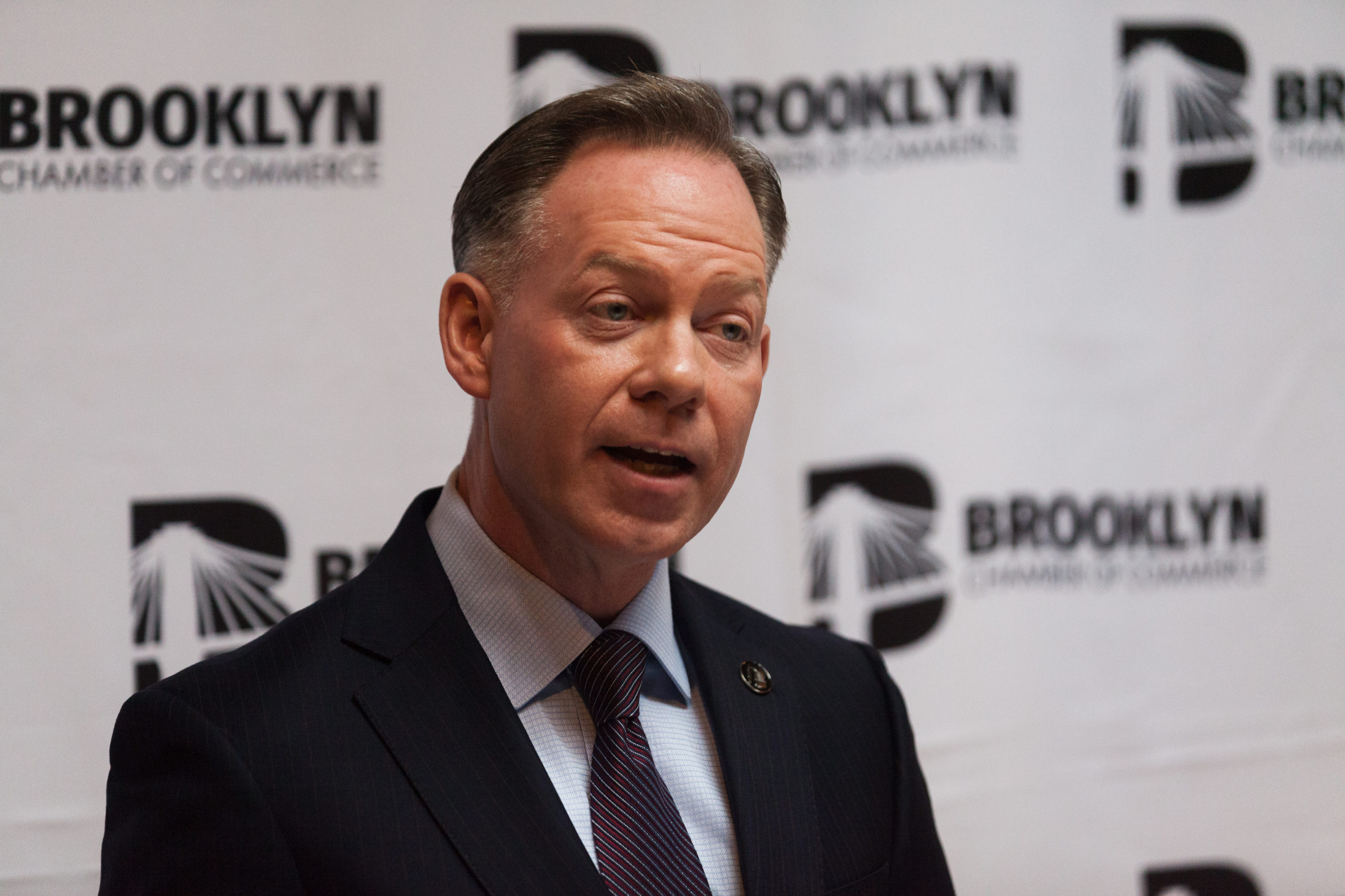Brooklyn Chamber applauds mayor’s efforts to reduce fines on small businesses

Randy Peers, president and CEO of the Brooklyn Chamber of Commerce, applauded Mayor Eric Adams’ “Small Business Forward” executive order on Tuesday, designed to reduce and reform regulations and fines facing small businesses.
“We applaud Mayor Adams for his commitment today to seriously address the
issue of excessive fines and violations that have been plaguing small businesses for decades. This is exactly the right message at the right time for small businesses that have been struggling to keep their doors open throughout this pandemic,” Peers said.

Brooklyn Boro
View MoreNew York City’s most populous borough, Brooklyn, is home to nearly 2.6 million residents. If Brooklyn were an independent city it would be the fourth largest city in the United States. While Brooklyn has become the epitome of ‘cool and hip’ in recent years, for those that were born here, raised families here and improved communities over the years, Brooklyn has never been ‘uncool’.